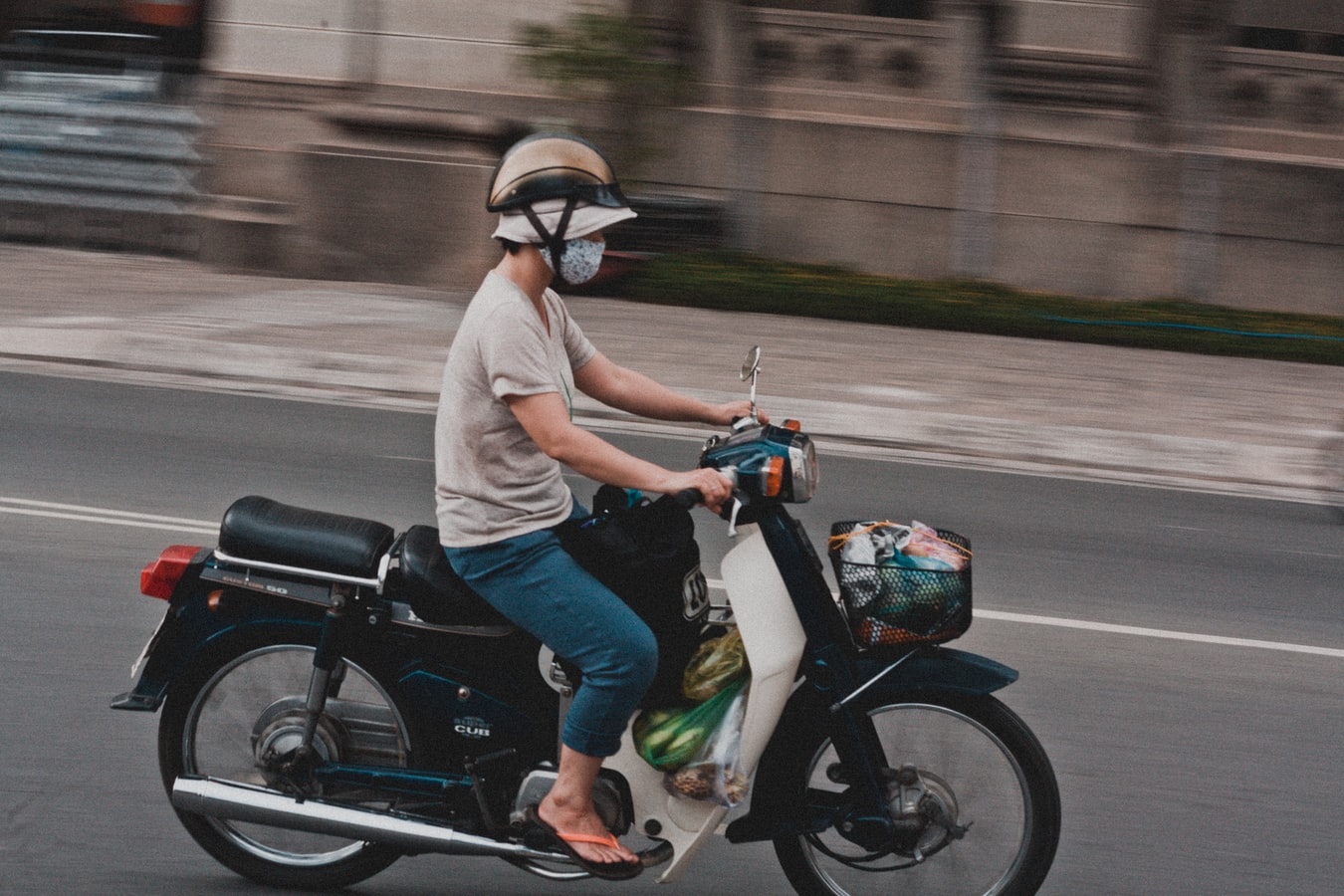By: Jasmine Nguyen, Culture Editor
The symptoms of the Coronavirus include fever, cough, or shortness of breath and can lead to pneumonia.
Another symptom that may occur is xenophobia.
Well, that’s according to a now-deleted Instagram post courtesy of the University Health Services last week at the University of California, Berkeley.
The post stated that it’s normal to feel anxiety and hypervigilance about one’s body and health. This seems fine, but the word xenophobia was also on the list of things to feel “normal” about. If you need it translated, that suggests that if you’re worried about contracting Coronavirus, it’s totally normal to feel fear of any Chinese or other Asians around you.
The rapid spread of the virus has also led to a revival of anti-Chinese and anti-Chinese sentiment in real life and the all-to-often seemingly more real world of social media.
Example A: According to the Jan. 29 online edition of the British newspaper Daily Mail, an Asian man in Sydney, Australia suffered a heart attack and out of fear he might have the virus, no one around him bothered to help him, and he died.
Example B: In a TV interview on Fox Business, U.S. Commerce Secretary Wilbur Ross was less concerned with 50 million quarantined in China than the possibility of the American job market benefiting.
“The fact is, it does give business yet another thing to consider when they go through their review of their supply chain,” Ross said. “So I think it will help to accelerate the return of jobs to North America.”
Example C: According to a report yesterday on NBC Los Angeles, an Asian supermarket in Carson, Seafood City, has suffered a sharp dip in business due to a social media hoax post about coronavirus tainting products at the store.
It’s only natural to wonder if a university campus located in a city that is 25 percent Asian and has a student body that is 10.8 percent Asian if CSUDH students in the Asian Pacific Islander Community have felt anything out of the normal in the way fellow students are behaving around them.
Joshua Lopez, who is in a film class with me (I am also a member of the Asian and Pacific Islander Community), told me that he feels people are more paranoid around Asians in the past few weeks due to the virus.
Nhi H. Huynh, a sociology major at CSUDH, said she has also sensed an increased amount of tension against Asians in the past few weeks.
She believes that people who blame one ethnicity for the virus or suspect them of having it is counterintuitive.
“Instead of finding ways to fix it, they’re all freaking out and treating specific groups of people differently,” Huynh said.
Another example of anti-Asian racism is the volume of social media posts linking the virus to Chinese cuisine and eating habits. Assuming in the year 2020 that every one of China’s 1.3 billion inhabitants still subsists on a diet of snakes, insects, and mice is like assuming every person in Africa lives in a hut.
One Twitter user, Woppa1Woppe, tweeted, “When you eat bats and bamboo rats and shit and call it a ‘Chinese delicacy,’ why y’all be acting surprised when diseases like #coronavirus appear?”
Another user, pmd_ga, wrote “that’s cause it is a Chinese illness and like 99% of cases are Chinese so they’re more likely to have it LMFAO, also we don’t eat bats in the normal world”
Of course, blaming only a certain ethnicity isn’t new. The SARS outbreak in 2003 prompted similar xenophobic reactions and when Ebola made headlines in 2014, many in the African community spoke about similar incidents as well.
This isn’t new. The stereotype that Asians are filthy and carry diseases has been a barely concealed strand of the American DNA for nearly 200 years. It’s a part of the Yellow Peril, the stereotype that all Asians are somehow a danger to the country, and just us being here will destroy American society.
Just consider an 1854 article from the New York Daily Tribune “They [the Chinese] are uncivilized, unclean, filthy beyond all conception…The Chinese quarter of the city [San Francisco] is a by-word for filth and sin.”
It’s not that people shouldn’t be concerned about the virus. Katherine Chu, a professor of Asian Pacific Studies at CSUDH, feels concern over one’s health is warranted, and it’s justified to feel fear about the virus and, since most of the cases came from China, it’s understandable to link it with Chinese people.
But that doesn’t give someone the right to indulge in ugly historic tropes about every single Asian person. The idea that all people in the Asian community are somehow infected with Coronavirus furthers the stereotype that Asians will forever be foreigners who carry mystic illnesses.
Personally, the closest I’ve ever been to China is the end of the Santa Monica Pier. Oh, I was also in Lousiana in January, and my family owns a seafood shop, so if crawdads in the bayou are found to have coronavirus, you might want to put me in quarantine for 14 days.
Being xenophobic isn’t going to help you avoid the illness. Instead of wringing your hands in panic and fear and posting anti-Asian memes, maybe try washing them.

